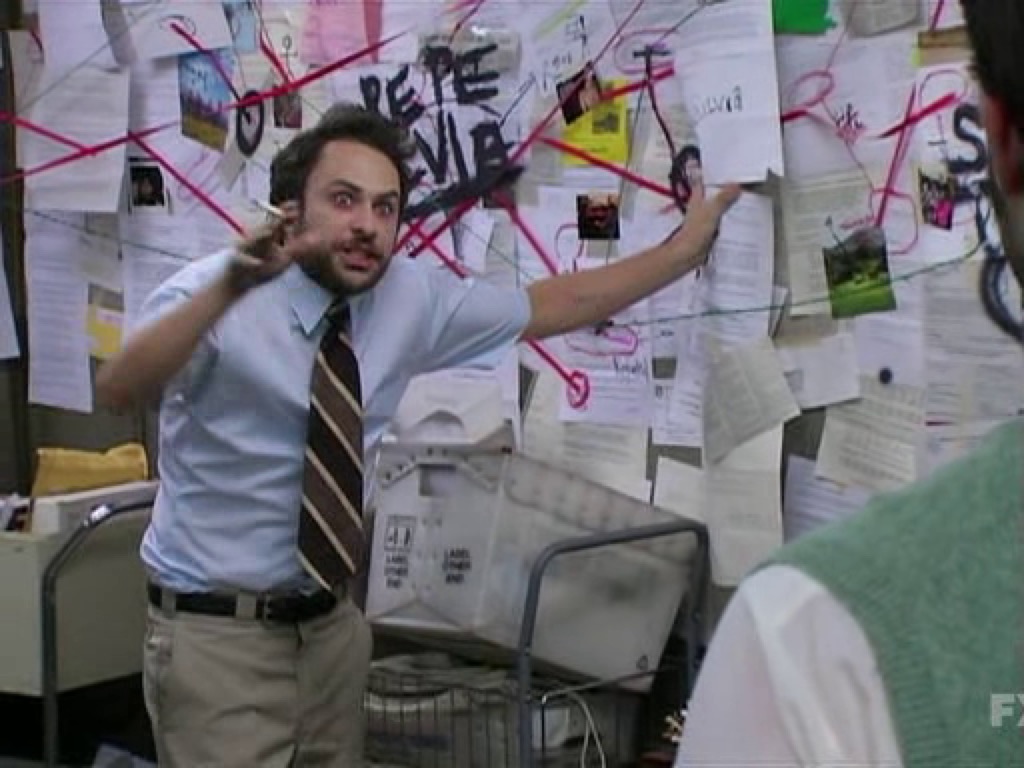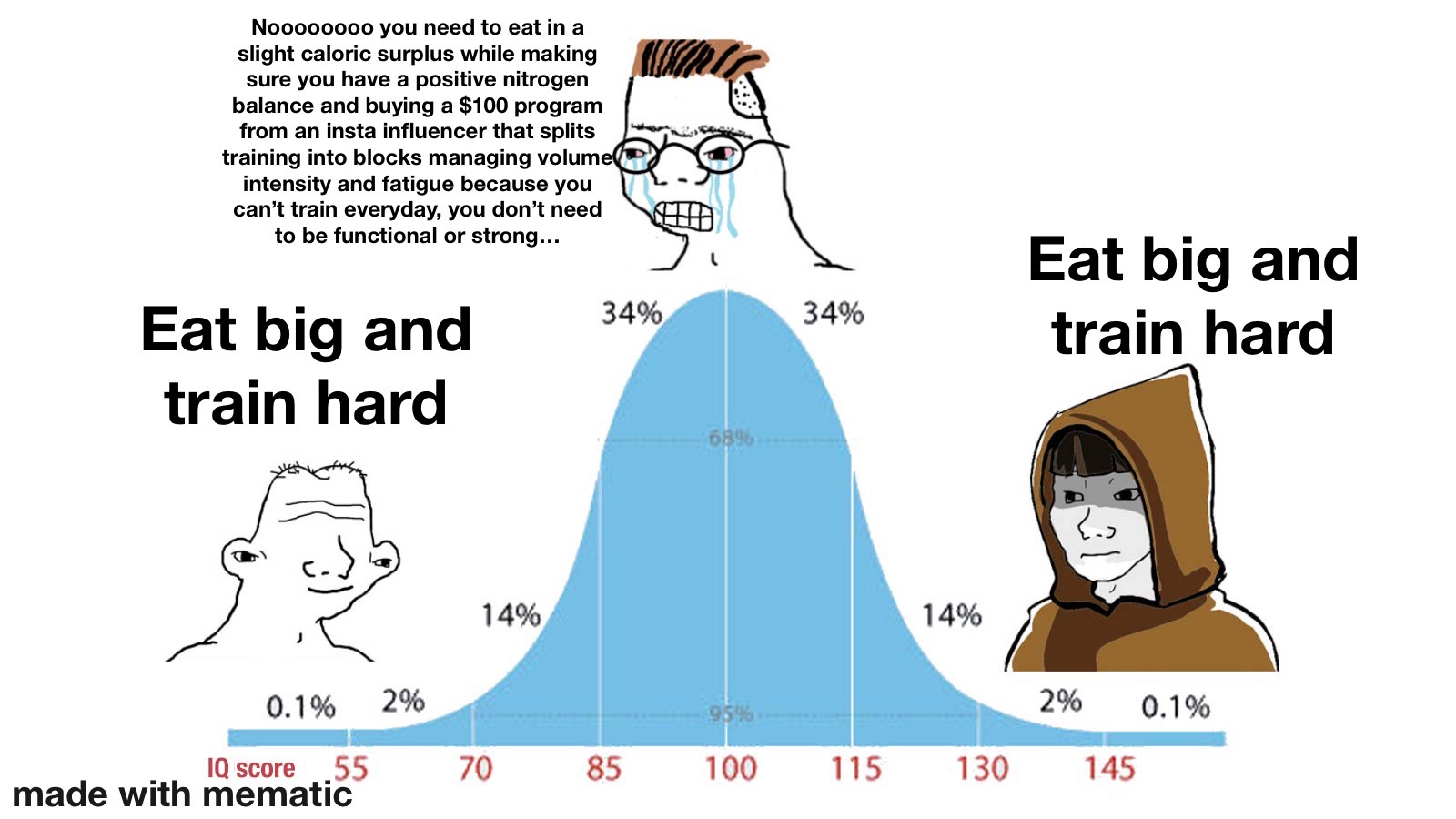200 Days of Daily Training and falling back in love with Exercise

 Training vs Working Out
Training vs Working Out
There’s a reason why I refrain from using the term ‘working out’ and instead use ‘training’. Although the two may seem synonymous, the term ‘working out’ seems to refer to a self contained session, where the purpose is the single session itself and tiring yourself during this timespan. Conversely, the term ‘training’ makes it seem as though workouts are connected- where each session has its own purpose. Rather than dedicating a session to get an instantanious result or viewing it as a means to an end, using the term ‘training’ makes it seem as though the purpose of one session plays a role in a larger string of sessions that ultimately lead you to achieve something bigger than just that one workout.
Within these 200 days, I’ve discovered this difference in mindset.
 How Social Media hinders a positive relationship with training
How Social Media hinders a positive relationship with training
And I think this prenotion sums up the mainstream mindset where exercise is a means to get something else. You do a program and gain x amount of weight which will make more comfortable in the gym and life will be perfect because people will respect you and be romatically interested in you. Once you hit that glorious 225 bench, then you’ll be big and strong. Want to get shredded? Eat less and do an hour of stairmaster daily, then you’ll look good. But that lifestyle isn’t sustainable nor healthy. People who fall into this hole end up in a negative loop of cutting and bulking, never happy with how they appear and workouts become this session of torture to change their lives. Of course with this mindset, people believe that the gym will change their life, hence they dedicate everything to it- in doing so leaving a lot of life left on the table.
And it’s built this way because of social media as people are selling you on the appearance of their bodies. That if you do what they tell you, you can look like them too. They’re not going to show you how to lead a healthy relationship with fitness because then you aren’t reliant on them and won’t buy their products or keep up with their page where they can push supplement deals down your throat. If you think about it, this isn’t new muscle magazine. Back in the day, the main form of getting your lifting information was through bodybuilding magazines where they pushed you to buy certain supplements and keep you engaged to buy the next issue. They’re selling you that you’re not doing something like these other people and you’re not big enough.

Lifting is quite simple and influencers make it out to seem complicated because they need to push the same facts or points continually to make a career off of social media. It’s like trying to have a career where you try to teach people about the ABCs and colors. You’d have content for the first two months but eventually you run out of letters and numbers and you’re going to have to recycle or respin things you’ve already talked about.

It took me a really long time to see this and it was only through training daily and reading Cody’s blogs did I develop a sustainable relationship with exercise and my body. The most critical thing was dropping social media fitness. This means Tik Tok and Instagram and following only a few people on YouTube and Reddit. You need to step out of that rat race where you feel as though you need to look as good as certain people (who are probably on PED or they have no life outside of the gym and have a terrible relationship with food and their body) and explore unrestricted training. Find what you are drawn to. Find what YOU WANT to do, not what you "need" to do to look like someone else. Why would you force yourself to do an hour of the stairmaster when you really just want to learn how to shoot a basketball to play with pickup with your friends? Additionally, you’ll develop an healthier relationship to eating as you look to fuel your body rather than eating for a certain goal. You begin to treat yourself more of an athlete and fueling your body as if it were a machine rather than viewing food as a means of overconsumption or underconsumption for a goal. I’m not advocating to completely cut off all sources of information, just minimizing your input streams to a select few channels which you trust and enjoy watching. Training is your hobby, so consuming things on it will bring you joy, you just don't need influencers fear mongering on your insecurities so they can make rent without having a real job.
Before I started this initiative, I was falling out of love with training. I didn’t feel that pull towards exercise, it was just something that I needed to do and I often over looked out of laziness. I think this is because for so long I looked at training as something I needed to do in order to fix these insecurities which was reinforced by social media. But by giving myself the space to train in ways which I was excited to do, to try new things and push myself in different ways, I found myself wanting to get a session in. Even if I only had 5 minutes that day, I wanted to make it work. Wouldn’t you prefer it if you enjoyed your training, you looked forward to each session rather than thinking that you have to work out? Wouldn’t you prefer to train in different disciplines and develop a better relationship with eating?
Deviating away from social media, I'm going to advocate for daily training:
Why train everyday?
All this is to say that you should be doing more. Who is to say we can only train 4 or 5 days a week? Who’s to say we can’t be active on those days in between resistance training where we can work on getting more explosive, jumping higher, getting better conditioning, getting more flexible, bullet proofing your body, building up a gas tank, getting better at certain skills with a sport and more? These aren’t going to hinder your progress, but drastically improve it. If you work on bulletproofing your joints or getting more flexible, you’ll be better able to move efficiently and safely during your heavy sessions allowing you to stay injury free in the long term and improving your longevity to stay active longer in life.
The final point I would like to make is this idea: if you take your 4 days of 2 hour sessions a week and split that 8 hours (or less) up across 7 days a week, you’ll make more progress, here’s why. Why do you perform the hardest movements first? Because you have more energy at the beginning of you session rather than the end where you’re fatigued. So it’s safe to say you aren’t as able to perform as well on certain movements at the end of your session. Now what if we spread your weekly volume across more days? Not only will you have more effective sets with more intensity, you’ll be able to use more compound movements than isolation or at the very least, increase frequency of your training. Additionally, if you train 5 times a week, that’s 260 workouts a year. Now if you train everyday, that’s 105 more workouts. 105 more opportunities to improve on yourself. Imagine you were competing against someone in a competition where the person has trained 40% more times than you. Seems like a significant difference, right?